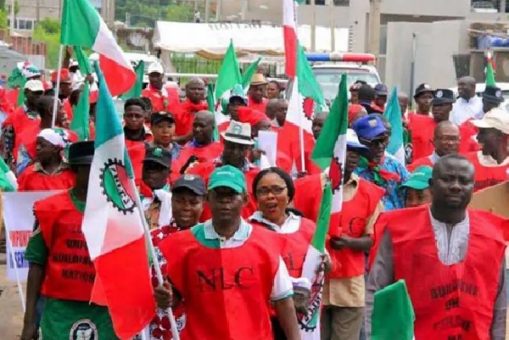Governor Babajide Sanwo-Olu of Lagos State has dismissed allegations that the state stands to gain the most from the proposed tax reform bills, urging Nigerians to review the provisions objectively.
The claims, made by Borno State Governor Babagana Zulum during interviews with Channels Television and BBC Hausa, suggested that the Value-Added Tax (VAT) sharing model in the reforms would disproportionately benefit Lagos State while potentially harming other regions, particularly the North.
Speaking at the Africa Investment Forum Market Days 2024 in Morocco, Sanwo-Olu addressed these concerns, stating, “The notion that Lagos will be the major beneficiary of these reforms is incorrect. While Lagos may face some adjustments, the reforms are designed for broader national benefits, not for selective advantage.”
Sanwo-Olu emphasized the need for collective effort, noting that the reforms aim to enhance governance and efficiency across all states. “Reforms like this require everyone to contribute and adapt. It’s not about easy wins; it’s about discipline and hard work to unlock opportunities,” he said.
The governor highlighted Nigeria’s low tax-to-GDP ratio, one of the lowest globally, as a significant reason for the reforms. He assured Nigerians that the changes are not intended to harm but to create a fairer and more inclusive system.
“Tax reforms are necessary to build a sustainable future. They are not meant to favor one state over another but to ensure a system that works for everyone,” Sanwo-Olu added.
He acknowledged concerns raised by critics, attributing much of the resistance to misunderstandings. He revealed that he had engaged with stakeholders and urged the Presidential Tax Reform Committee, chaired by Taiwo Oyedele, to intensify public education on the issue.
The proposed reforms, submitted to the National Assembly by President Bola Tinubu, include the Nigeria Tax Bill, Nigeria Tax Administration Bill, Nigeria Revenue Service Establishment Bill, and the Joint Revenue Board Establishment Bill. These bills are part of a broader strategy to address inefficiencies in the tax system and improve Nigeria’s economic outlook.
Sanwo-Olu expressed optimism that the reforms would yield long-term benefits for the nation. “This is about creating opportunities for all, not just for Lagos or a specific group. We must see this as a collective step toward progress,” he concluded.




